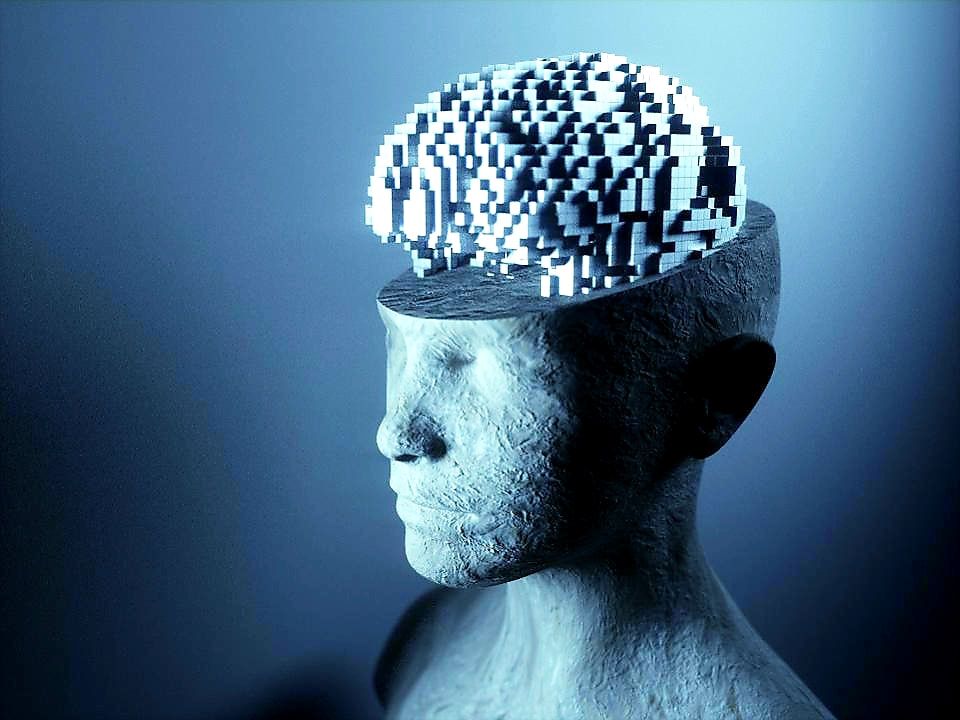In May, 2016 I stumbled upon a highly controversial Aeon article titled “The Empty Brain: Your brain does not process information, retrieve knowledge or store memories. In short: your brain is not a computer” by psychologist Rob Epstein. This article attested to me once again just how wide the range of professional opinions may be when it comes to brain and mind in general. Unsurprisingly, the article drew an outrage from the reading audience. I myself disagree with the author on most fronts but one thing, I actually agree with him is that yes, our brains are not “digital computers.” They are, rather, neural networks where each neuron might function sort of like a quantum computer. The author has never offered his version of what human brains are like, but only criticized IT metaphors in his article. It’s my impression, that at the time of writing the psychologist hadn’t even come across such terms as neuromorphic computing, quantum computing, cognitive computing, deep learning, evolutionary computing, computational neuroscience, deep neural networks, and alike. All these IT concepts clearly indicate that today’s AI research and computer science derive their inspiration from human brain information processing — notably neuromorphic neural networks aspiring to incorporate quantum computing into AI cognitive architecture. Deep neural networks learn by doing just children.
By Alex Vikoulov.
“I have always been convinced that the only way to get artificial intelligence to work is to do the computation in a way similar to the human brain. That is the goal I have been pursuing. We are making progress, though we still have lots to learn about how the brain actually works.”
